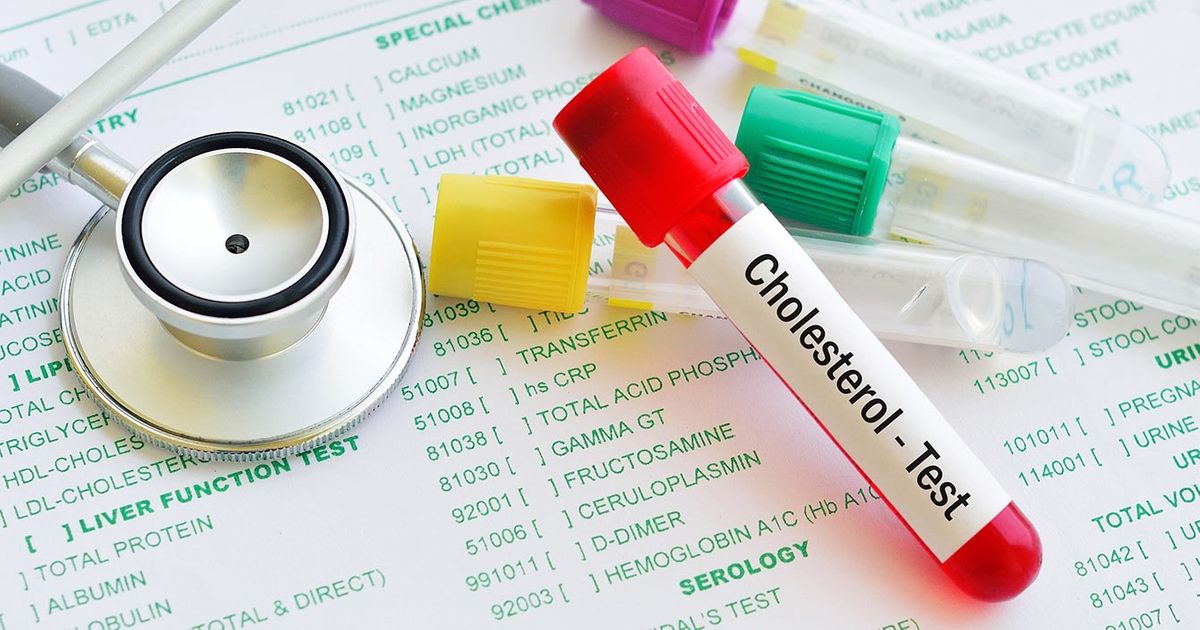Health Benefits Of Chlorella
Improves Cholesterol

Chlorella is particularly adept at lowering triglycerides and total cholesterol. As stated, chlorella is an especially rich source of omega-3 fatty acid. Fatty acids are the most basic components of cell membranes and of an assortment of fatty acid-based hormones and biological substances. Omega-3 fatty acids fall into two main categories: animal (fish) sources, such as eicosapentaenoic and docosahexaenoic, and plant sources, such as alpha-linoleic acid. Chlorella's omega-3 profile is unique because it contains both the animal and plant versions. The exact interaction between omega-3 and biological agonists that results in improved triglycerides and overall cholesterol is unclear. There may be a synergistic relationship between all of chlorella's nutrients and co-factors, including B vitamins and carotenoids. Carotenoids convert to vitamin A in the body. Vitamin A is a fat-soluble vitamin critical to the optimal function of the liver, the organ that metabolizes fats and produces cholesterol. Similarly, B vitamins (especially B5) can lower both total cholesterol levels as well as low-density lipoprotein cholesterol, the 'bad' cholesterol that clogs and hardens arteries.